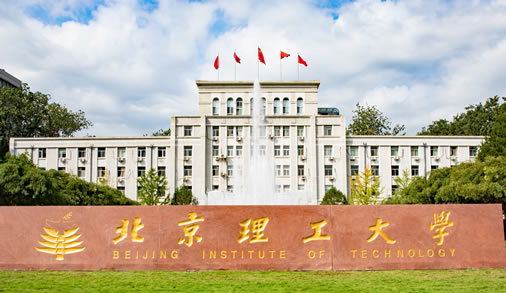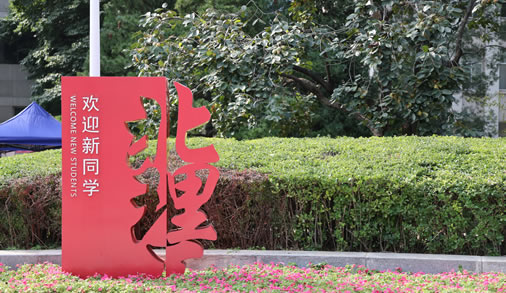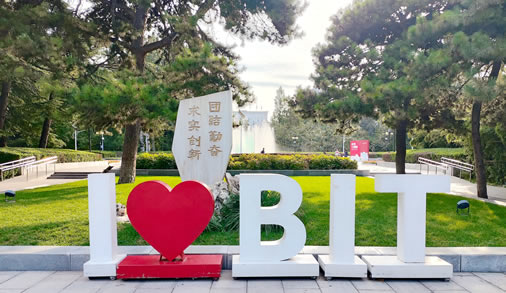

Updated: 2023-12-22
How can we cultivate talents in global governance, and make the voice of China heard on the international stage?
Professor Liu Hao, executive chairman of the Administrative Committee of the School of Global Governance at the Beijing Institute of Technology (BIT), gives his answer.
Liu and his team have proposed the talent cultivation concept of "Four Integrations and Eight Competencies", which refers to the integration of undergraduate and postgraduate education, different schools and disciplines, Chinese and foreign elements and cultivating talents well-versed in domestic and international situations, rules of international communication and negotiation, and language and culture, as well as collaboration and dispute resolution.
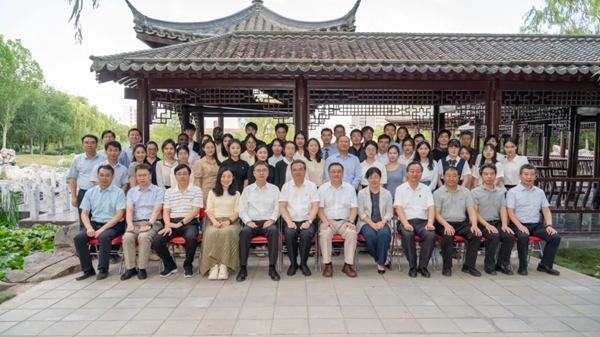
Global governance dialogue [Photo/english.bit.edu.cn]
"In the curriculum system, the school integrates the first-level disciplines of management and law. We expand general education, broaden elective content and flexibility, and tailor the teaching to individual students," Liu explained.
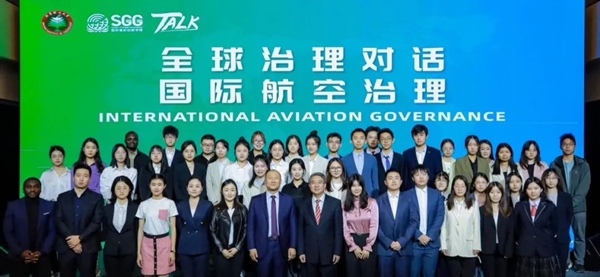
Global governance dialogue of the international aviation governance [Photo/english.bit.edu.cn]
In just one year, several high-ranking officials from international organizations have entered the classroom under Liu Hao's guidance, sharing the latest developments and practices in global governance with students.
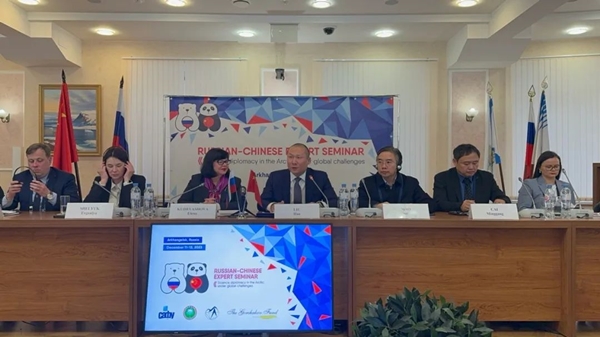
The School of Global Governance hosts the Russian-Chinese expert seminar on science diplomacy in the Arctic under global challenges. [Photo/english.bit.edu.cn]
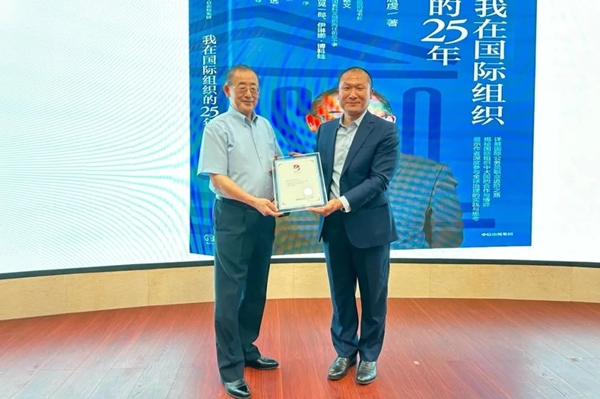
Dr. Tang Qian, former assistant director-general of UNESCO, shares experiences in international organizational work and global education governance at BIT. [Photo/english.bit.edu.cn]
During the summer vacation, Liu also led students to the United Nations for training, conducted on-site inspections of international organizations, and arranged internships for students at the International Civil Aviation Organization and other international organization secretariats.
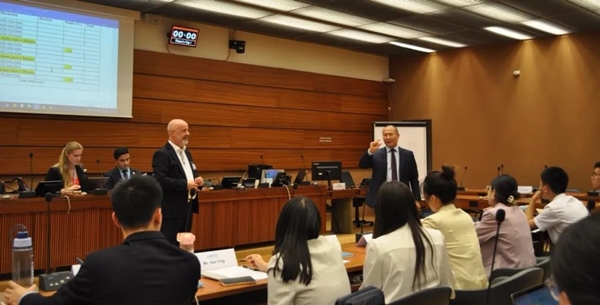
Global governance summer training of the School of Global Governance [Photo/english.bit.edu.cn]
In terms of cultivating international students, starting from 2021, the BIT School of Global Governance has established a special program in the first-level disciplines of Management Science and Engineering, Business Administration, and Law, focusing on "International Organizations and Global Governance," and enrolling master's and doctoral students every year.
Currently, the school has admitted a South African representative to the International Civil Aviation Organization as a doctoral student. Eight foreign government international organization reserve talents recommended by the member countries of the International Civil Aviation Organization Council from South Africa, Nigeria, Sudan, and Zambia have also been admitted as master's degree students.
So far, some of the master's and doctoral students trained by Liu Hao have served as the chairman of the Navigation Committee and the first vice chairman of the Council of the International Civil Aviation Organization, contributing more than 40 senior leaders and management talents to the reserve secretary-general of science and technology international organizations.
After obtaining his doctoral degree from China University of Political Science and Law in 2008, Liu Hao worked at the Institute of Aviation Law and Standards of Beihang University, the National Air Traffic Management Regulatory Standards Research Center, the Joint Authorities for Rulemaking on Unmanned Systems (JARUS), and the International Association for the Advancement of Space Safety (IAASS). He was also a member of the International Civil Aviation Organization (ICAO) Expert Group.
In addition, combining his professional background and years of experience in international organizations, Liu innovatively proposed the Exclusive Utilization Space, EUS.
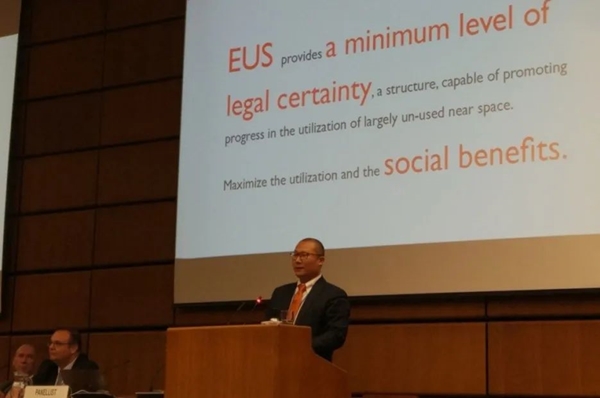
Liu Hao introduces the Exclusive Utilization Space at the United Nations Vienna Office. [Photo/english.bit.edu.cn]


